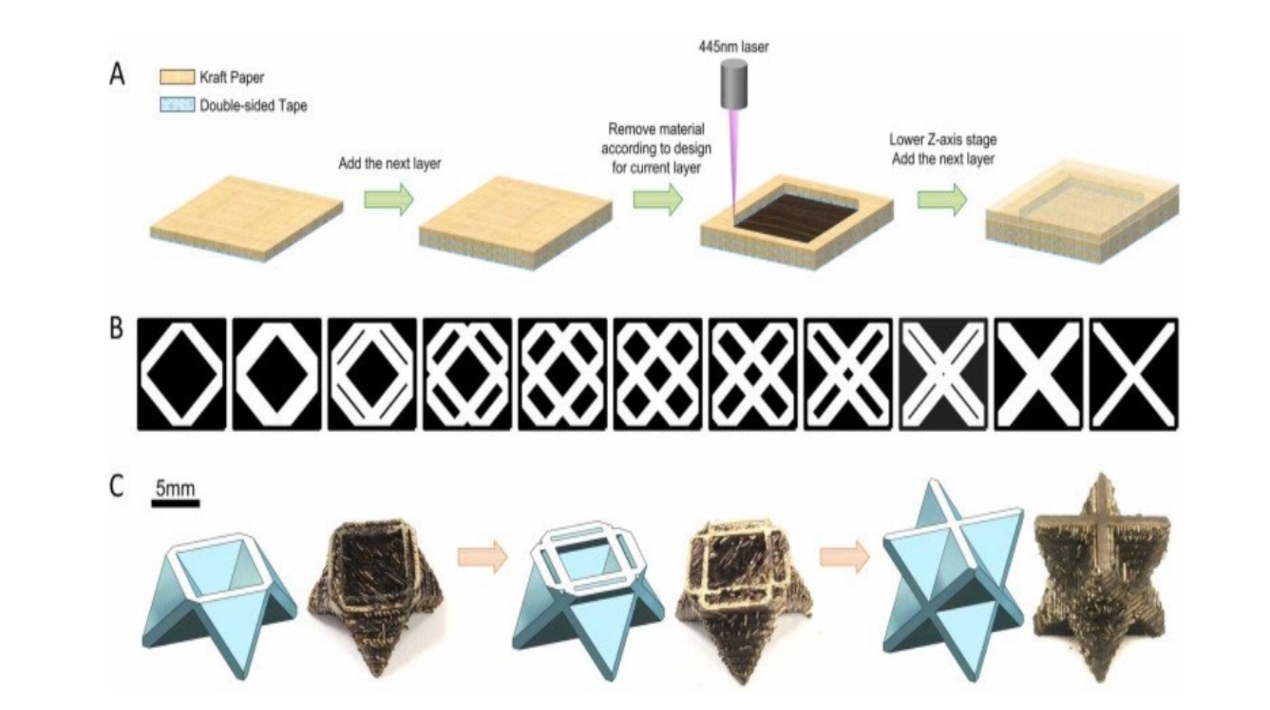
Scientists from Nanyang Technological University in Singapore (NTU Singapore) have created a method to transform wastepaper from cardboard boxes and single-use packaging into a vital component of lithium-ion batteries.
The NTU researchers used a process called carbonisation, which turns paper into pure carbon, to transform the paper’s fibres into electrodes that can be used to create rechargeable batteries for electric cars, medical equipment, and mobile devices.
Paper is used in many aspects of daily life, from gift wrapping and crafts to a wide range of industrial uses, including heavy-duty packaging, protective wrapping, and the filling of voids in construction, according to Assistant Professor Lai Changquan of NTU’s School of Mechanical & Aerospace Engineering and the project’s coordinator.
However, besides incineration, which produces high levels of carbon emissions because of its composition, not much is done to manage it when it is disposed of. “Our method to give kraft paper another lease of life, funnelling it into the growing need for devices such as electric vehicles and smartphones, would not only help cut down on carbon emissions but would also ease the reliance on mining and heavy industrial methods,” says Ass Prof Lai.
The team heated the paper to high temperatures to carbonise it, which turns it into pure carbon, water vapour and oils that can be used to make biofuel. As carbonisation occurs in the absence of oxygen and produces very little carbon dioxide, it is a more environmentally friendly method of disposal for kraft paper than incineration, which releases a lot of greenhouse gases.
The carbon anodes created by the research team also demonstrated superior durability, flexibility, and electrochemical properties. According to laboratory tests, the anodes are at least twice as durable as the anodes in today’s phone batteries and could withstand 1,200 charges and discharges.
The NTU-produced anode-based batteries could withstand physical stress better than their rivals, absorbing crushing energy up to five times better. In comparison to current industrial techniques for producing battery anodes, the NTU-developed method also employs less energy-intensive processes and heavy metals. This newest technique, which uses a cheap waste material, is anticipated to lower the cost of manufacturing lithium-ion batteries because the anode accounts for 10% to 15% of their overall cost.
Using wastepaper as the raw material for battery anodes would also reduce reliance on traditional carbon sources, such as carbonaceous fillers and carbon-yielding binders, which are mined and then processed with harsh chemicals and machinery.
In 2020, paper waste, which includes discarded paper bags, cardboard, newspaper, and other paper packaging, comprised nearly one-fifth of the waste generated in Singapore. A separate 2020 NTU study discovered that kraft paper bags, which account for most of Singapore’s paper waste, have large environmental footprints when compared to cotton and plastic counterparts, due to their greater contribution to global warming when incinerated and the eco-toxicity potential in their production.
The current innovation, which provides an opportunity to upcycle waste products and reduce our reliance on fossil fuels while accelerating our transition to a circular economy, green materials, and clean energy, reflects NTU’s commitment to reducing our environmental impact, which is one of four grand challenges that the University seeks to address through its NTU 2025 strategic plan.
The NTU team will carry out additional research to increase the material’s capacity for storing energy and lower the amount of heat energy needed to turn paper into carbon.
















